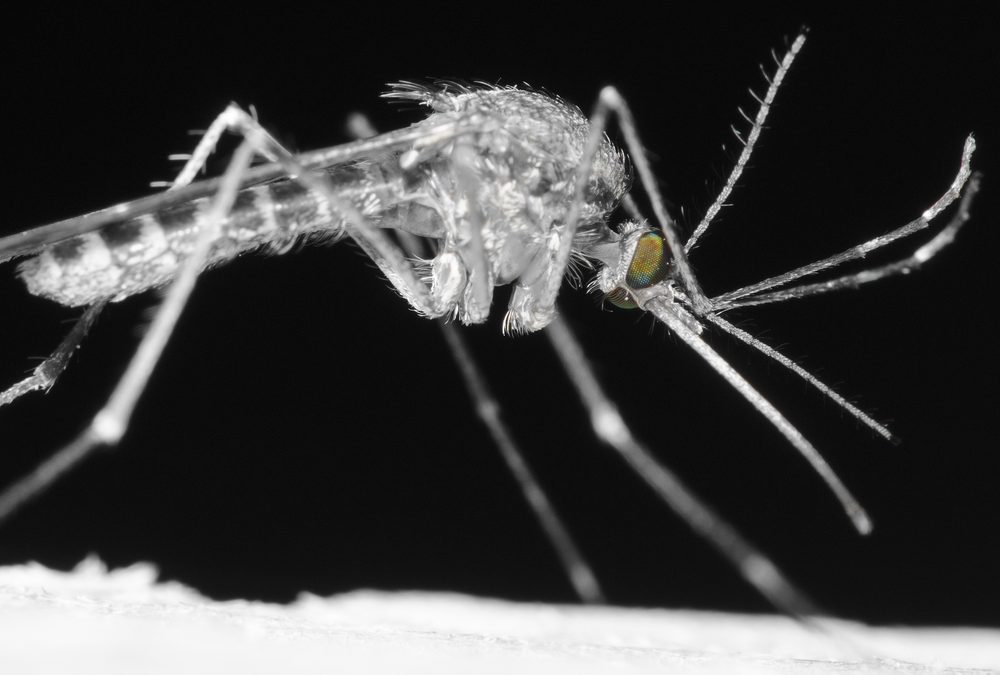Among the many threats to your pet’s health, heartworm disease stands out as one of the more serious and potentially fatal conditions. While the disease is often associated with dogs, cats are also susceptible to this insidious parasite. In this comprehensive guide, our team at The Old 41 Animal Hospital dives into every aspect of heartworm disease in cats and dogs, from causes and signs to prevention and treatment options.
Understanding heartworm disease in pets
Heartworm disease is caused by a parasitic worm called Dirofilaria immitis, which is transmitted through the bite of an infected mosquito. Once inside the host’s body, the worms mature and migrate to the heart, lungs, and nearby blood vessels, where they can cause severe damage over time. While dogs are the primary heartworm hosts, cats can also be infected, although they are considered atypical hosts.
Heartworm disease signs in pets
Heartworm disease can progress for months or years before causing obvious illness in affected pets. If your dog is infected with heartworms, they can develop the following signs:
- Persistent cough
- Lethargy
- Exercise intolerance
- Difficulty breathing
- Weight loss
- Fluid-filled abdomen
The coughing will worsen over time, and you may notice your dog develop a swollen abdomen caused by congestive heart failure.
Signs in cats infected with heartworms can be similar to dogs, but may also include:
- Vomiting
- Diarrhea
- Difficulty walking
- Asthma-like attacks
- Seizures
- Sudden collapse
In some cases, the first—and only—sign that a cat is infected is sudden collapse and death.
Understanding that the severity and presentation of clinical signs can vary widely among individual pets and that some infected pets may not show any illness signs until the disease has progressed significantly, is vital. Regular veterinary check-ups and heartworm screenings are essential for early detection and treatment.
Heartworm disease diagnosis in pets
Diagnosing heartworm disease requires a comprehensive approach that begins with a thorough physical exam by our veterinarian. During the exam, we may observe clinical signs that suggest heartworm infection, such as coughing or abnormal lung sounds. However, many infected pets do not display obvious signs, especially in the early disease stages.
Following the physical exam, blood tests are commonly used to detect the presence of heartworm larvae (i.e., microfilariae) or proteins produced by adult female heartworms.
Imaging techniques, such as X-rays and ultrasounds, may also be used to evaluate the heart, lungs, and surrounding structures for heartworm disease signs and severity.
Heartworm disease treatment in pets
Treating heartworm disease can be challenging, expensive, and potentially life-threatening, especially in advanced cases. The goal of treatment is to eliminate the adult worms while minimizing complications. In dogs, treatment typically involves a series of painful injections with an arsenic-based medication called melarsomine, along with strict rest and medication to manage clinical signs. Cats may receive supportive care to alleviate symptoms, but no approved treatment for eliminating adult heartworms in felines is available.
Heartworm disease prevention in pets
Preventing heartworm disease is easier, safer, and more cost-effective than treating an infection. Several prevention measures, including monthly oral or topical medications and injectable formulations, are available for dogs and cats.
Heartworm disease complications in pets
Left untreated, heartworm disease in dogs and cats can lead to severe complications, including heart failure, respiratory problems, and organ damage. Additionally, the treatment process itself poses risks, including allergic reactions to medications and complications from worm death.
Heartworm disease prognosis for pets

The prognosis for heartworm-infected pets depends on several factors, including infection severity, complications, and the pet’s overall health. With prompt diagnosis and appropriate treatment, many dogs can recover from heartworm disease and lead normal lives. However, the prognosis for cats is less favorable, as treatment options are limited and complications are more common.
Heartworm disease is a significant threat to the health and well-being of dogs and cats, but when you understand the disease’s ins and outs, you can better protect your four-legged friend and ensure they live a long, healthy life.
Give us a call to schedule your pet’s annual heartworm test and to discuss prevention options with our team at The Old 41 Animal Hospital.

